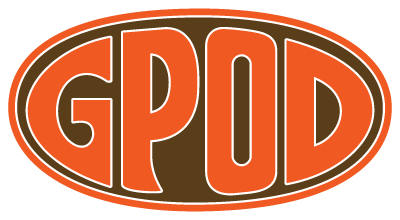Our Commitment to the Environment
GPOD of Idaho is committed to promoting sustainable growing and shipping practices. Our growers use minimum tillage techniques and water efficient irrigation systems. GPOD recycles wash water daily and uses larger trucks to haul potatoes in to reduce the number of miles and fuel used by smaller trucks. We also use more rail transportation for finished products, which is more environmentally friendly. By adhering to these and other practices, GPOD of Idaho is committed to being proactive in building an environmentally conscious future.
Railway Advancements
A 25 percent shift of freight from trucks to rail in urban areas in the U.S. by 2026 would, on average:
Environmentally Friendly

Sustainable Growing Methods
GPOD implements regular sustainability practices with our growers. Collaboratively, our teams practice minimal tillage; a nutrient-saving technique requiring as little manipulation of the soil as possible. Equipment makes one pass over the soil to improve soil fertility and productivity.
Growers plow under grain stubble to build potato hills all in one pass instead of plowing, then disking, then building a potato hill. Nutrients remain in the soil and decreases the need for chemical and fertilizer application.

Order yours today



